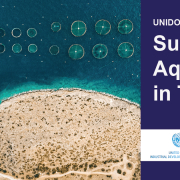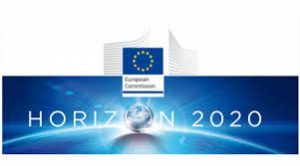UNIDO to support the development of sustainable aquaculture in Tunisia under the SwitchMed Blue Economy component
On 10 March, the United Nations Development Organization (UNIDO) launched a project to apply more resource-efficient and circular production practices in Tunisia’s aquaculture value chain at an online event.
The event consulted with representatives from the Government of Tunisia, the European Union’s Delegation, and 25 companies from Tunisia’s aquaculture industry on the project roadmap.
Scheduled for 2021, the first phase of the project will undertake a value chain analysis of the Tunisian aquafarming industry to identify improvement areas, such as opportunities for the valorization of by-products, the potential of applying eco-innovative SMART technologies and industrial synergies in the aquafarming sector.
Read the full press release on the Switchmed website
Click here for a pdf with more information on the UNIDO Blue Economy project in Tunisia


